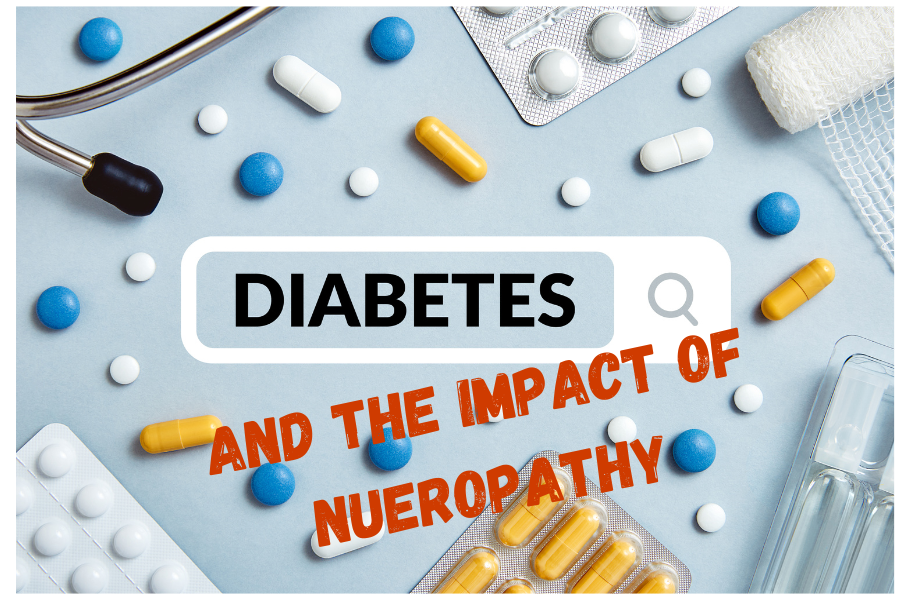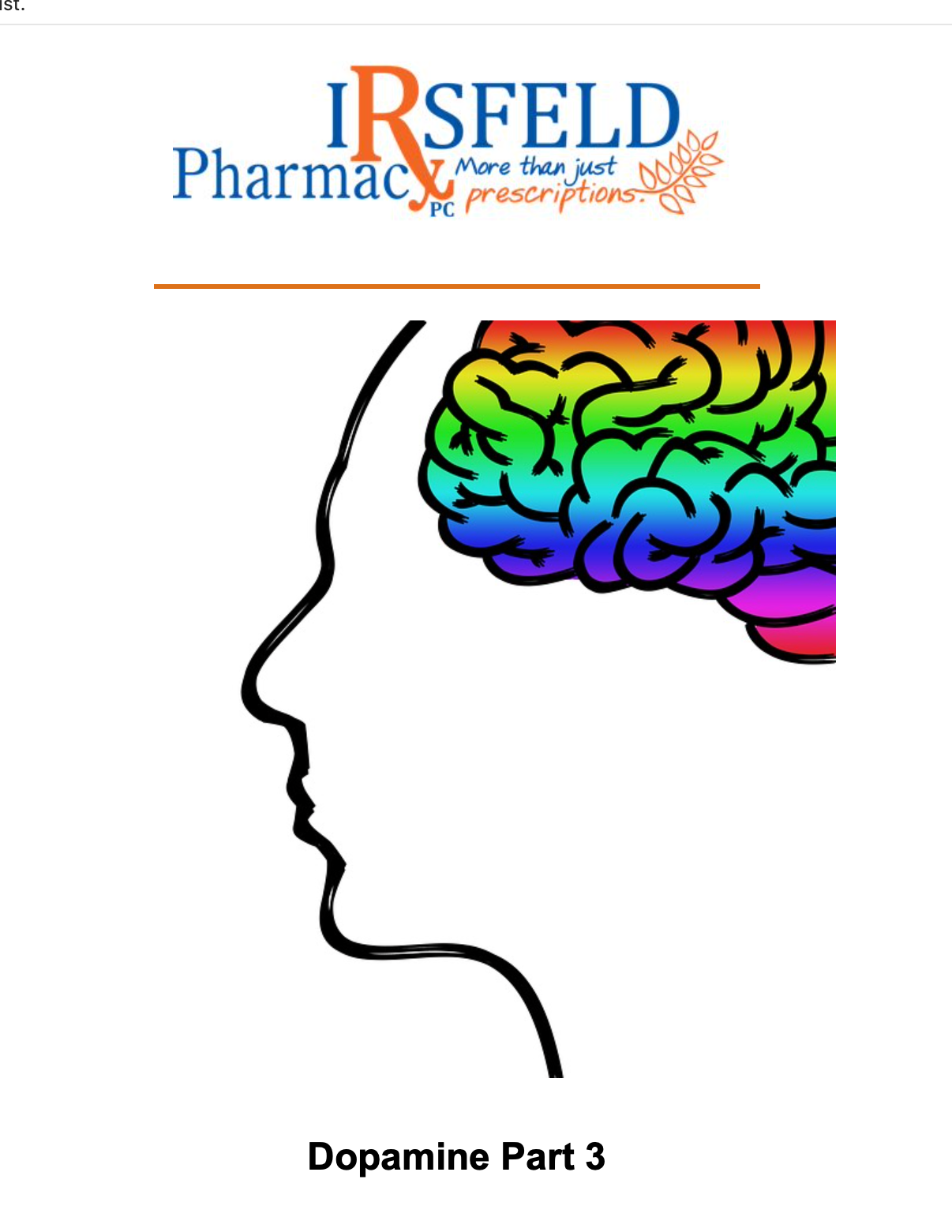Based on studies, both aspirin and omega 3’s show benefit in the cardiovascular world. Anytime we take a drug or supplement, we need to make sure we know the consequences of doing so.
Aspirin is one of the oldest commercially manufactured medications and has been around since the 1890s. Its primary use was for pain and inflammation but it is also a powerful anti-platelet drug as well.
This is why I’m surprised that many people don’t know about the FDA’s recommendations from 2014 about aspirin, which states:
“Cardiovascular disease, including heart disease and stroke, affects tens of millions of people in the United States. Consumers and patients who do not suffer from cardiovascular disease sometimes consider taking aspirin to reduce the possibility of having a heart attack or stroke. Reducing the possibility of having a first heart attack or stroke is called primary prevention. The FDA has reviewed the available data and does not believe the evidence supports the general use of aspirin for primary prevention of a heart attack or stroke. In fact, there are serious risks associated with the use of aspirin, including increased risk of bleeding in the stomach and brain, in situations where the benefit of aspirin for primary prevention has not been established.”
“The available evidence supports the use of aspirin for preventing another heart attack or stroke in patients who have already had a heart attack or stroke, or have other evidence of coronary artery disease, such as angina or a history of a coronary bypass operation or coronary angioplasty. Reducing the risk of additional heart attacks or strokes is known as secondary prevention. In patients who have had such cardiovascular events, the known benefits of aspirin for secondary prevention outweigh the risk of bleeding.”
For full article visit: http://www.fda.gov/Drugs/ResourcesForYou/Consumers/ucm390574.htm
The statement above is telling us that if you have not had a previous heart condition, aspirin is not a good primary form of prevention.
Taking a daily aspirin is far more dangerous than what was thought, causing more than 3,000 deaths a year, a major study in the UK suggests. Millions of patients should reconsider taking pills which are taken by almost half of elderly people to ward off heart attacks and strokes, researchers said. The number of deaths per year from an OTC medication that is taken by millions of patients should be considered when considering therapy and ultimately:
Yo u should use daily aspirin therapy only after first talking to your health care provider who can weigh the benefits and the risks.
It should come to no surprise that I am a huge proponent of omega 3 fatty acids also known as fish oil. Omega 3 fatty acids are important for so many health conditions and that is why it has become a standard part of our foundational nutrition protocol.
The American Heart Association issued a science advisory in 2017 regarding omega 3’s: “Although recent evidence has raised questions about the benefits of omega 3 supplementation to prevent clinical CVD events, the recommendation for patients with prevalent coronary heart disease (CHD) such as a recent MI (heart attack) remains essentially unchanged: Treatment with omega-3 PUFA supplements is reasonable for these patients. Even a potential modest reduction in CHD mortality (10%) in this clinical population would justify treatment with a relatively safe therapy.”
The FDA generally considers doses of up to 3 grams (3000mg) per day to be a safe amount of omega 3’s. You will be hard pressed to find a study showing that omega 3’s are responsible for causing deaths unlike the information from the UK study on aspirin.
It’s also surprising to me that more people don’t recognize the power of fish oil over aspirin when looking at the anti-inflammatory benefits. A recent study involving people who took fish oil for 5-6 months showed that 60-70% of them were able to completely eliminate their non-steroidal anti-inflammatory drugs, and reduced their arthritis. Seventy percent of these people were satisfied with their results and would continue taking fish oil.
I have recently started working with a patient who was not a fan of supplements. His main complaints were pain and lack of energy. He was not a person that incorporated fish into his diet and I suspected part of his issue was a low omega 3 status. I convinced him to do an omega 3 test from Omega Quant, a company based out of Sioux Falls, SD. The cost of the test is $75 out of pocket.
This test yields 4 pieces of information: an overall omega 3 status, trans-fat status, omega 6 vs omega 3 ratio and arachidonic acid vs omega 3 ratio. The first two markers give you information about the level of omega 3 and trans-fat in your system. A low omega 3 or high trans-fat level are bad. The 2nd two ratios compare an inflammatory marker vs omega 3, with a high ratio indicating inflammation in the system.
Needless to say, his omega 3 status was low and both ratios were elevated pointing towards inflammation and the need to supplement with omega 3’s to balance out the system and decrease overall inflammation.
This scenario is not something that is isolated to this patient. Looking at the standard American diet, most of us are not getting the required amount of omega 3’s to help create an anti-inflammatory effect. In addition, the consumption of omega 6’s, which is the main source is red meat and certain oils used for cooking, is much greater than we need it to be.
When looking at the omega 6 vs omega 3 ratio, it is important to know that we need both of these forms of fatty acids as they are important to the overall function of our bodies, in particular the structure of our cells. Omega 6 is not bad when the ratio is good. Omega 6 is bad when you don’t have the consumption of omega 3 to balance it out.
For patients experiencing pain and inflammation, I have laid out some solutions to help you in achieving better health. First thing you can do is to test your omega 3’s. If you don’t want to spend the $75 for testing, you could simply take 2-3 grams (2000-3000mg) of fish oil per day. The catch is that the 2-3 grams needs to be from a combination of EPA + DHA, these are the active forms of omega 3. Often times you will find a bottle labeled 1000mg (1 gram) of fish oil while further inspection of the nutritional facts, it yields a mere 300mg (0.3 gram) of EPA + DHA. It is critical to read the label to make sure you are getting what you want to get from your fish oil.
Here is my product of choice for a quality fish oil supplement: OmegaPure EPA-DHA 720 the dose is 3-4 capsules daily in devided doses.
My staff and I would be happy to help you find a quality omega 3 fish oil so stop in or call if you have questions regarding this topic.
Until next time, be vigilant about your health!!
VISIT US
HOURS
HOURS
CONTACT US
Fax #: (701) 483-4926












Share On: